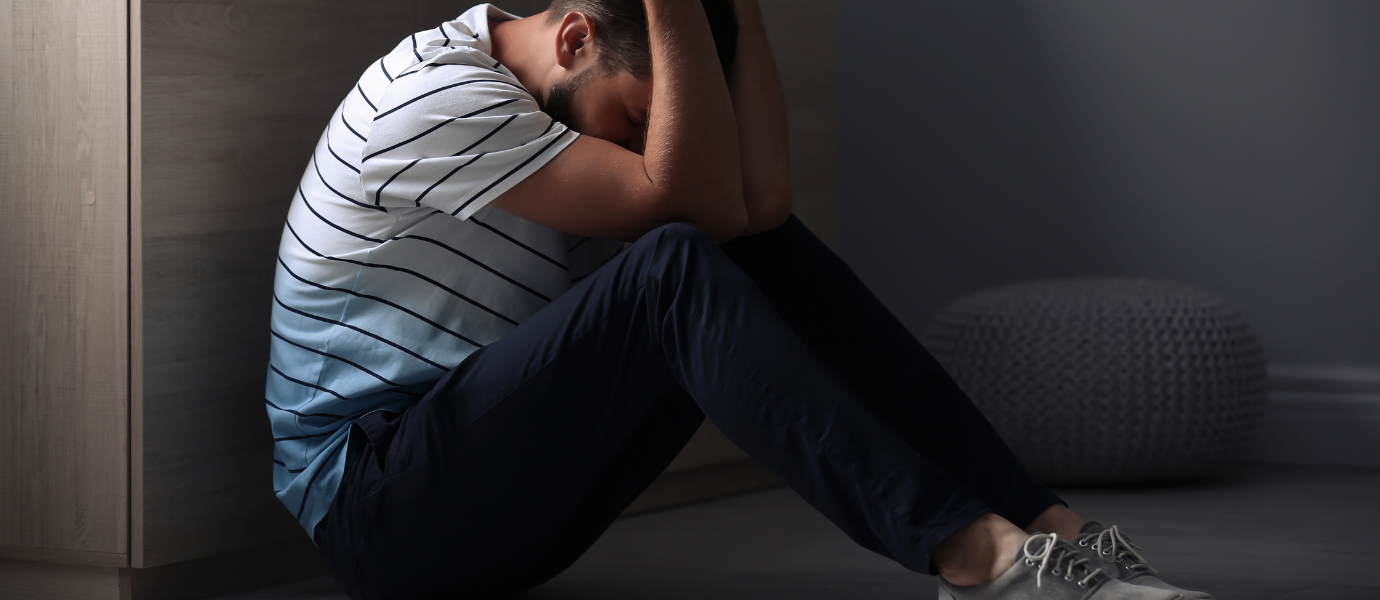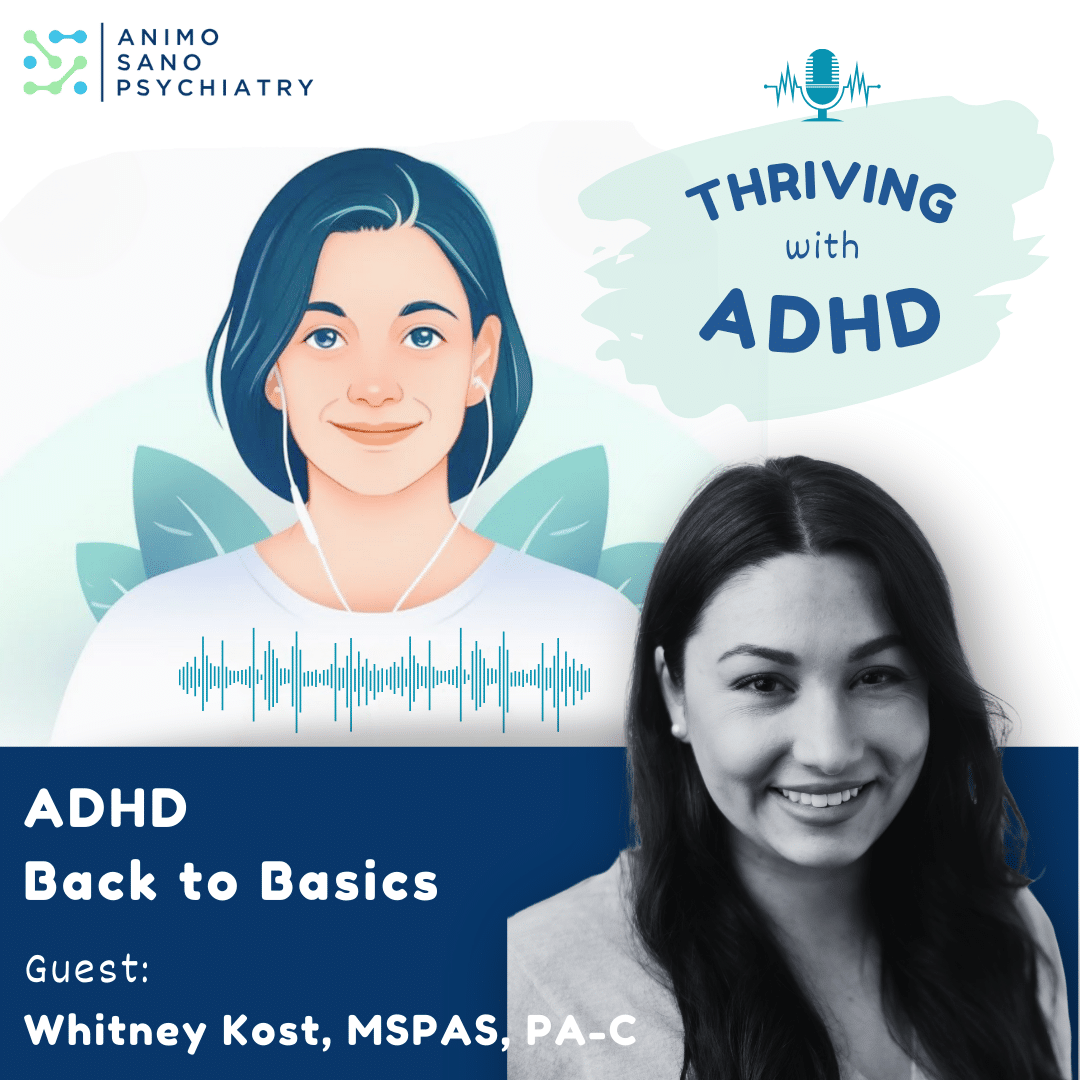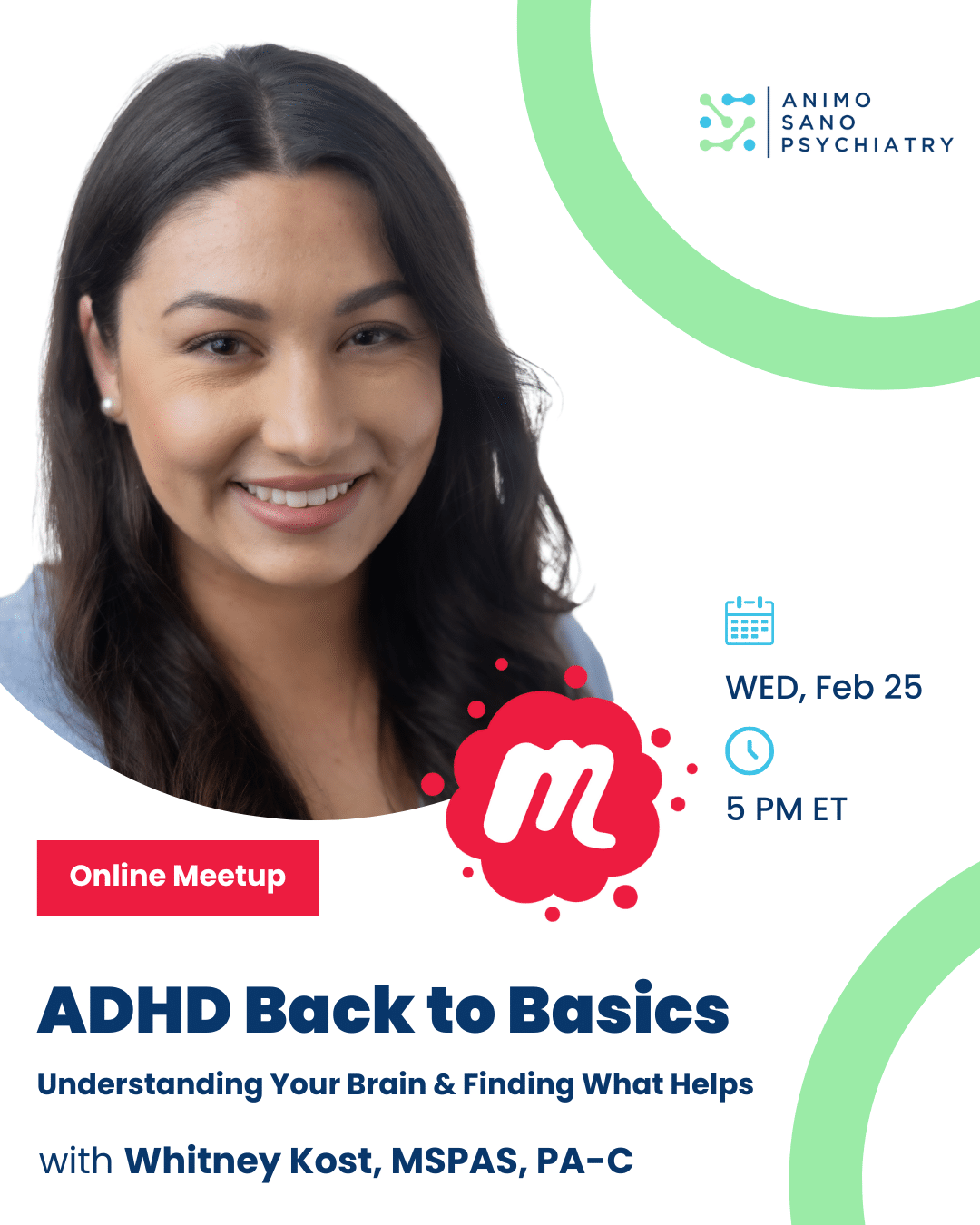
Living with ADHD often means dealing with challenges beyond attention and focus. One of the most emotionally painful but lesser-known struggles is something called Rejection Sensitive Dysphoria (RSD). Many people with ADHD describe it as an overwhelming emotional reaction to rejection, criticism, or even the perception that someone is disappointed in them.
If you’ve ever felt crushed by a passing comment, avoided relationships out of fear of rejection, or carried shame after a small mistake, RSD might sound familiar.
What Is Rejection Sensitive Dysphoria?
The word dysphoria means “difficult to bear,” and that’s exactly how RSD feels. It isn’t just being sensitive—it’s an intense emotional pain triggered by rejection, criticism, or disapproval. For someone with ADHD, a single negative comment can spark hours (or even days) of shame, anger, or sadness.
Interestingly, RSD is not an official diagnosis in the DSM-5. Instead, it’s a term widely used by clinicians and ADHD specialists to describe a pattern that shows up again and again in people with ADHD. Studies show that up to 70% of adults with ADHD report heightened emotional sensitivity and rejection-related pain.

How RSD Shows Up in ADHD
RSD doesn’t look the same for everyone, but common patterns include:
- Emotional overwhelm after criticism, even if it’s constructive
- Avoidance of relationships, opportunities, or risks out of fear of rejection
- Perfectionism as a shield against possible criticism
- Explosive anger when feeling rejected or embarrassed
- Shame spirals that lead to withdrawal or depression
What makes RSD especially difficult is that the emotional reaction is often out of proportion to the situation—but it doesn’t feel that way at the moment. For someone with ADHD, the nervous system is already wired for intensity, so rejection hits harder and lasts longer.
Why Does RSD Happen in ADHD?
While research is still growing, several factors may explain why RSD is so common in ADHD:
- Neurological sensitivity – ADHD brains often have differences in how they regulate emotions. The same circuits involved in attention also help manage emotional responses.
- History of criticism – Many people with ADHD grow up hearing they’re “lazy,” “careless,” or “not living up to potential.” Years of negative feedback can make the brain extra alert to rejection.
- Rejection and social experiences – Studies show that children and adults with ADHD often experience more rejection in peer and work settings compared to their neurotypical peers. Over time, this creates a heightened fear of disapproval.
Coping Strategies for Rejection Sensitive Dysphoria
If RSD resonates with you, the good news is there are ways to cope. While you can’t completely erase sensitivity to rejection, you can learn to manage and reduce its impact.
1. Name It to Tame It
Simply knowing that RSD exists can be powerful. Many people feel relieved to learn that their reactions aren’t about being “too sensitive” but rather a recognized part of ADHD.
2. Cognitive-Behavioral Tools
Therapies like Cognitive-Behavioral Therapy (CBT) can help you reframe rejection and challenge automatic thoughts like “I always mess things up” or “They must hate me now.”
3. Mindfulness and Self-Compassion
Practices that build awareness without judgment—like mindfulness or self-compassion exercises—can help slow down the flood of emotions. Research shows mindfulness can reduce emotional reactivity in ADHD.
4. Medication Options
Some clinicians have found that ADHD medications (stimulants or non-stimulants) can reduce the intensity of RSD for certain patients. In other cases, mood stabilizers or antidepressants may be considered, especially if RSD contributes to depression or anxiety. Always discuss these options with a provider who understands ADHD.
5. Build Supportive Environments
Surround yourself with people who understand ADHD and RSD. Safe, supportive relationships can make rejection feel less threatening and help build resilience.
6. Shift Perspective on Criticism
Instead of seeing feedback as proof of failure, practice reframing it as information for growth. This takes time, but even small shifts in perspective can reduce the sting of rejection.
When to Seek Help

If RSD is leading to depression, isolation, or serious difficulties in daily life, it may be time to seek professional support. A mental health professional experienced with ADHD can help you identify patterns, build coping tools, and consider treatment options.
Remember—feeling rejection intensely does not mean you’re broken. It means your brain is wired to feel deeply, and with the right support, those same sensitivities can become strengths in empathy, creativity, and connection.
Final Thoughts
Rejection Sensitive Dysphoria is a painful but very real part of ADHD for many people. While it can feel overwhelming, it is not hopeless. With greater awareness, the right strategies, and supportive relationships, you can begin to manage RSD and reduce its grip on your life.
Responsibly edited by AI
Other Blog Posts in
Animo Sano Psychiatry is open for patients in North Carolina, Georgia and Tennessee. If you’d like to schedule an appointment, please contact us.
Get Access to Behavioral Health Care
Let’s take your first step towards. Press the button to get started. We’ll be back to you as soon as possible.ecovery, together.





